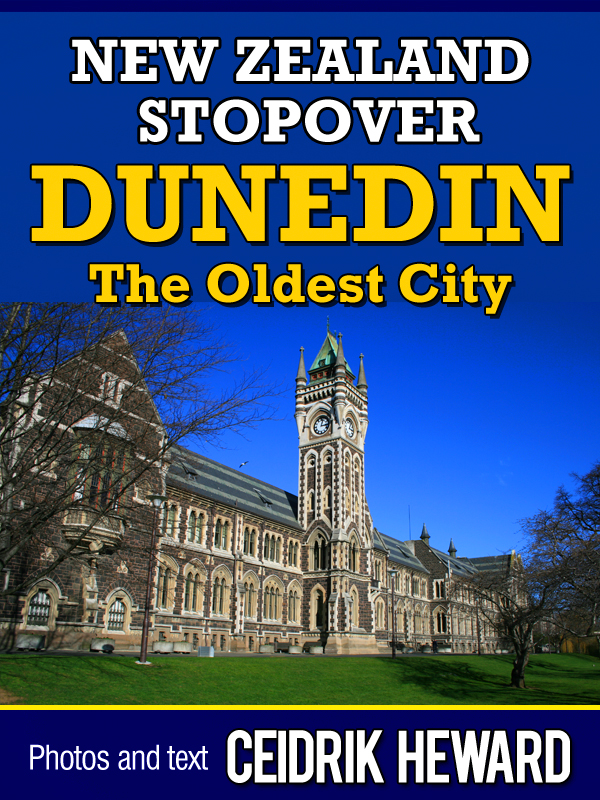Rewi Alley was born in a small Canterbury town in 1897 but he was destined to make a name for himself half a world away during the tumultuous time of the Chinese Cultural Revolution.
Rewi went to Christchurch Boys’ High School and was noted for his rowing and rugby skills. Sports ran in the family. One of his brothers became an All Black.
During the First World War, he fought in France with the NZ Expeditionary Force and won the Military Medal for bravery. After the war, he worked on a Taranaki farm and was fascinated by the “Red Peril” which he followed with articles in the Auckland Weekly News. His interest in Chinese matters only increased with every article he read so after taking lessons in Mandarin, he decided to visit China for himself. In 1927, he worked as a radio operator on a steamer destined for Shanghai. He soon got a job at the Shanghai Municipal Council as a fireman and quickly became chief fire inspector. He worked hard as a relief worker during the 1929 famine that took the lives of 6 million people. He did more relief work two years later during the great flood.

CHINESE ACCEPTANCE
With his hard work in public affairs, Rewi became accepted in Chinese society. Over a period of 50 years, he translated Chinese poems and literary works into English. During this period, he also became an important figure in explaining China to the world. He wrote for the radical newspaper Voice of China after witnessing the way the centuries old regime engaged slave labour and executed those who spoke against it. He embraced the communist movement and when the Japanese invaded in 1937, he encouraged the population to move inland by the “Gung Ho” principal of moving together.
WORK IN CHINA
After helping the communist government set up industrial co-operatives around the country, Rewi began to establish technical schools alongside the factories in remote areas to combine education with production. This concept became a basis for the communist party’s activity and eventual takeover of the country. He is still recognized for establishing the highly successful Shandan School in the Gobi Desert.
COMMUNIST CONTROL
In 1949, with the communists in power, Rewi relocated to Beijing. He became the ‘voice for China’ and attended many international conferences. During this time, he befriended communist leaders including Fidel Castro and Che Guevara. He was also respected by Premier Zhou En Lai and even Chairman Mao Tse-tung respected his ideas and efforts.
Rewi Alley wrote 66 books including Yo Banfa (We Have a Way) which was published in 1952. Published 6 years later, his book Shandan-An Adventure in Creative Education, sold around the world.
Although many Kiwis looked on him with suspicion because of his close association with the communist country, he went ahead and founded the New Zealand China Friendship Society in 1958. This was designed to foster educational opportunities by hosting trips for the people of both nations to visit each other’s country.
ACHIEVEMENTS
Kiwis were never fully comfortable with Rewi’s activities in China especially after Premier Deng Xiaoping hosted a banquet in his honour in 1977 to celebrate his 80th birthday. In 1982, Rewi Alley was granted honorary Chinese citizenship, further raising suspicion of this China loving Kiwi’s motives but as time passed, New Zealand began to note his achievements in a country that was becoming increasingly important for trade and tourism.
Rewi Alley never married but he adopted two boys. Waikato University has named a prize for Chinese studies in his honour and Victoria University in Wellington has bestowed him with an honorary doctorate in literature. A portrait of Rewi Alley hangs in the National Gallery in Beijing.
LOCAL PARK
The small suburban park across the road from my home in Auckland has been named in his honour. I take my daily walks in the Rewi Alley Reserve and pass a bronze bust of this man who is largely unknown by his fellow Kiwis. He is better known in a country half a world away where he helped with the various developments in education and industry that helped the communist regime establish power during his lifetime. He would be very proud to see how China has developed into the second most powerful country in the world today.

If you liked this blog, please let me know in the ‘comments’ section.
Ceidrik Heward
Ceidrik Heward is an Amazon TOP SELLING AUTHOR and has lived and worked in 7 countries working as a TV cameraman, director and film tutor. For the past 17 years he has focused on writing and has been published in magazines and newspapers in Europe, USA, Asia and the Middle East.
His interests include photography, psychology and metaphysics. He loves to read and always has at least 3 books on the go. He has written 22 manuals/books and has just completed his 4th short novel. Ceidrik believes sharing information and stories is the best way to stimulate the imagination and enrich our lives.



















 Visit Today : 278
Visit Today : 278 Total Visit : 1133455
Total Visit : 1133455
Speak Your Mind